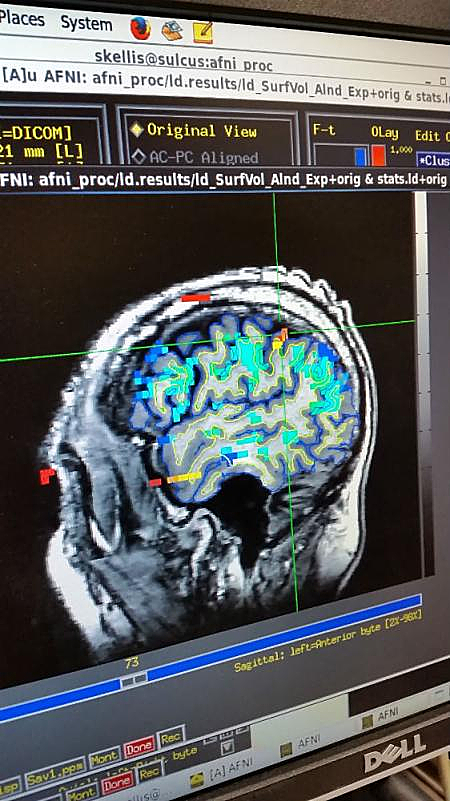Repeated Head Injury Causes Neurodegeneration, but Link to ALS Less Clear

Repeated head injury can cause brain inflammation that triggers the development of chronic traumatic encephalopathy — a condition that has been linked to several neurodegenerative diseases, including amyotrophic lateral sclerosis (ALS).
The study, “Microglial neuroinflammation contributes to tau accumulation in chronic traumatic encephalopathy,” was published in the journal Acta Neuropathologica Communications.
Chronic traumatic encephalopathy is something most people don’t have to worry about. For athletes and others who repeatedly get blows to the head — even milder ones that do not cause concussion — the neurodegenerative condition is a real risk.
The condition causes neurodegeneration, and researchers have noted that it shares certain features with other degenerative conditions.
To understand how repeated head injury can cause neurodegeneration, researchers from Boston University School of Medicine (BUSM) and the VA Boston Healthcare System examined the brains of 66 deceased American football players, comparing them to 16 controls who were not athletes.
The research team first counted different types of inflammatory cells, as well as the amount of phosphorylated tau — abnormal proteins that are common in Alzheimer’s disease and which have also been found in ALS.
Feeding all the information into a statistical model, they could conclude that the more head injuries a person had experienced (approximated by the numbers of years football was played), the higher the risk for brain inflammation. Inflammation, in turn, was linked to higher levels of tau and dementia.
“Although inflammation may be protective in the brain, especially right after an injury, our study suggests that years after a period of playing football, inflammation can persist in the brain and is linked to the development of chronic traumatic encephalopathy,” Jonathan Cherry, PhD, a postdoctoral fellow in neurology at BUSM and the study’s first author, said in a press release.
Researchers emphasized that inflammation has been linked also to ALS, as well as to other neurodegenerative diseases, and suggested that repeated head trauma may be involved.
A study from six years ago first linked chronic traumatic encephalopathy with motor neuron disease, but at the time, the ALS association downplayed the suggestion that head trauma can cause ALS. There has not been much evidence published since then supporting such an association.






